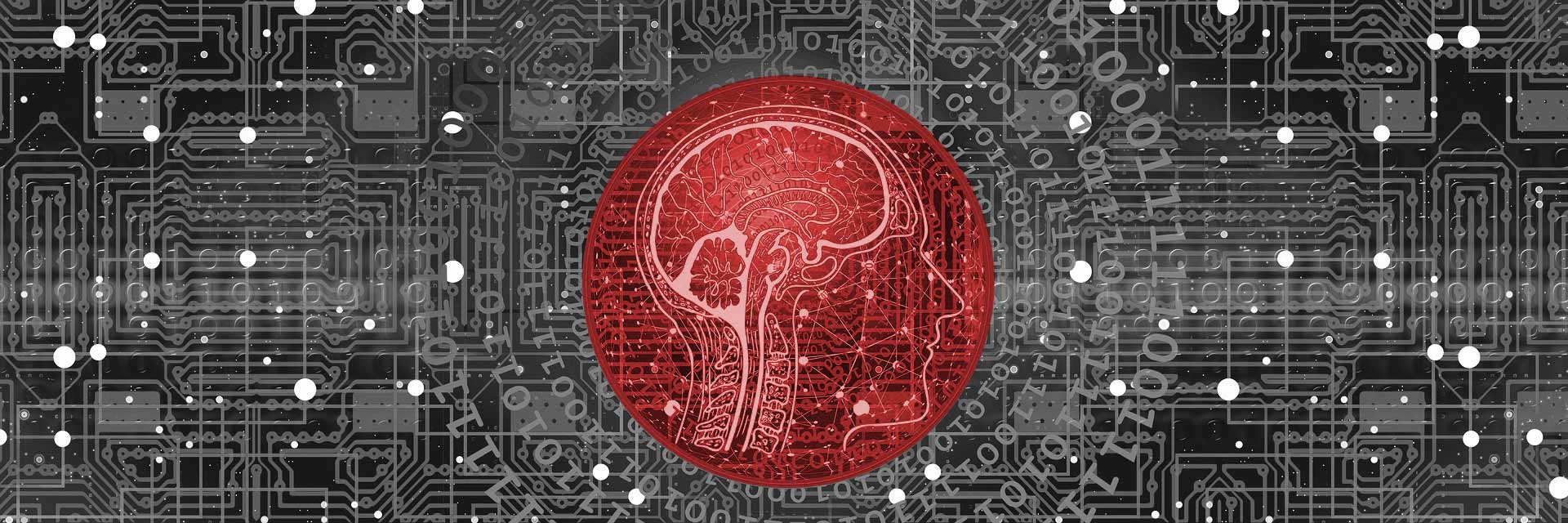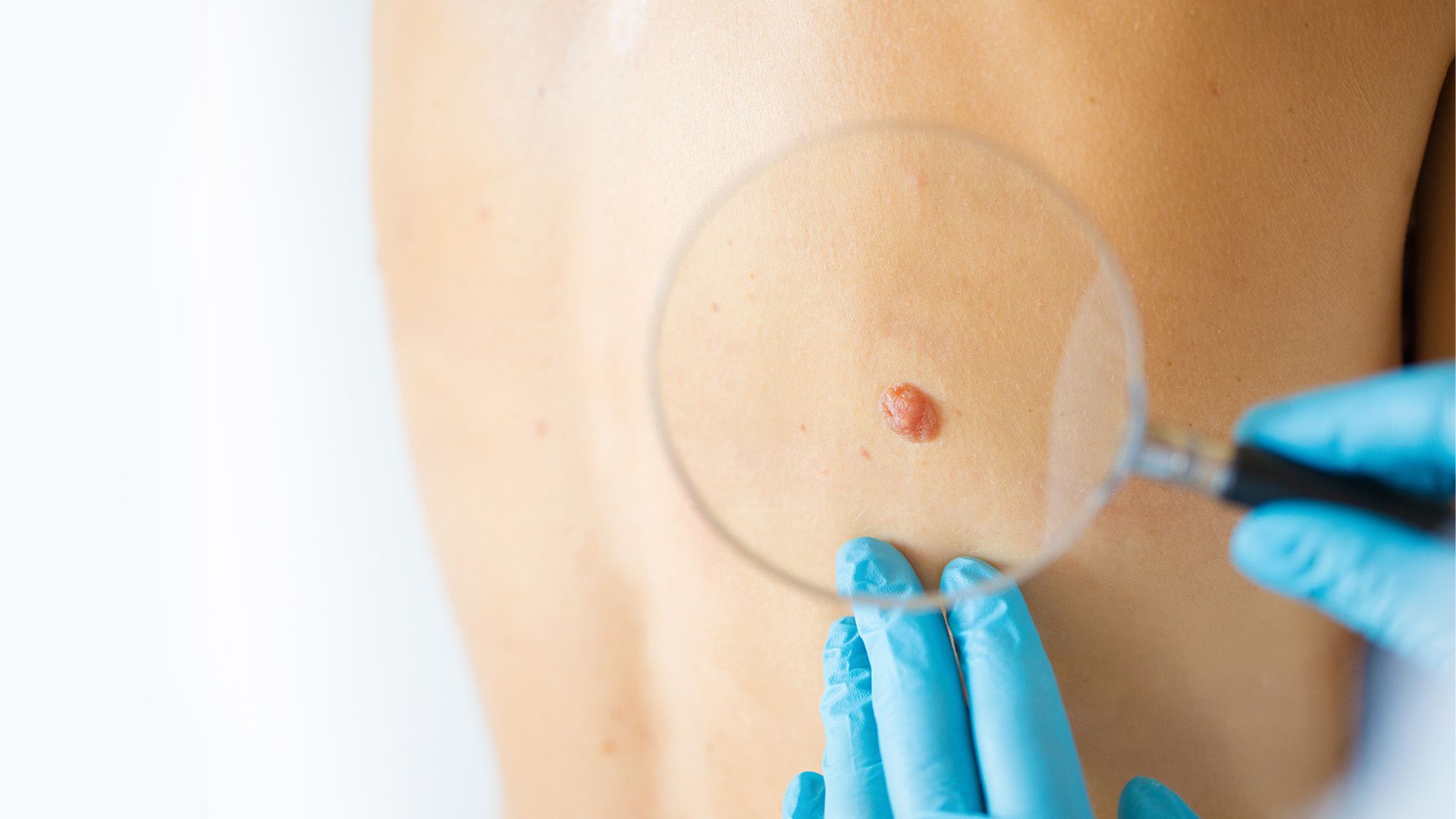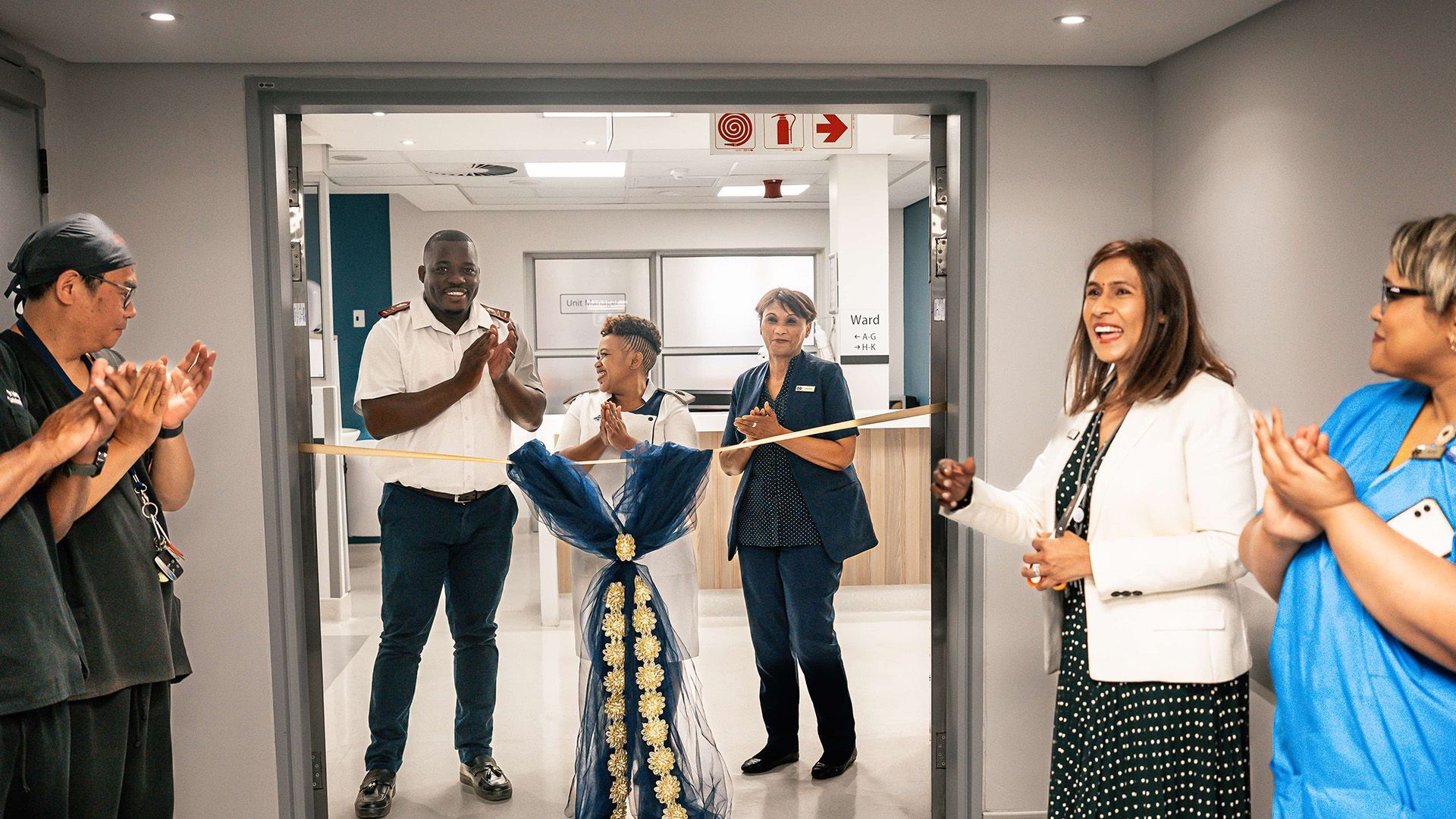Specialised diagnosis and treatment of epilepsy at dedicated unit in Alberton
Drickus Maartens • February 24, 2020
Epilepsy monitoring unit aims to improve quality of life for people with epilepsy
Epilepsy, in its various forms, is believed to affect as many as 55 million people worldwide, and approximately one percent of South Africans. There are many different types of epilepsy, and in some cases this complex condition can be difficult to accurately diagnose.
A specialised epilepsy monitoring unit (EMU) established at Netcare Mulbarton Hospital in Alberton, not only assists patients with an accurate diagnosis but also in identifying the most appropriate treatment plan for managing their condition.
Dr Vanmala Naidoo, a neurologist who practises at the Netcare Mulbarton Hospital EMU, says: “Epilepsy is a complex set of conditions, and in some cases may be due to secondary causes such as meningitis or a head injury. Diagnosis is not always simple, as there are other conditions that may present similarly to certain types of epilepsy, or vice versa. Observation and assessment at the EMU provides important information that we use to make a diagnosis and treat the patient effectively.”
“While some epileptics experience convulsive, or grand mal seizures, characterised by the body stiffening accompanied by uncontrolled muscle jerking, other types of epilepsy may involve atonic seizures where the person briefly loses control of their muscles and collapses, or absence seizures where the person may be perceived to be ‘staring’ into the middle distance for up to 10 seconds. Certain types of seizures can be extremely subtle, and the person experiencing them may not necessarily even be aware of the seizure.”
A seizure is defined as a surge in the electrical impulses of the brain, causing a number of possible symptoms depending on which area of the brain is affected. Dr Naidoo points out that, contrary to common belief, seizures are not necessarily only attributable to epilepsy but may be attributable to other factors including stress and certain infections.
“In some cases people are unaware that they are having seizures, and may experience symptoms that they wouldn’t associate with epilepsy, such as chronic headaches or migraines, memory loss, sleep disturbances and fatigue,” she says.
She explains that some patients may initially be investigated for conditions including mood or behavioural disorders or certain kinds of cognitive impairment including dementia, when in fact they are living with undiagnosed – and therefore untreated and uncontrolled – epilepsy.
“Untreated or inadequately managed epilepsy not only impacts the person’s quality of life, in extreme cases it may be detrimental as it can lead to brain injury, disability and in rare cases may even be fatal. Sudden Unexpected Death in Epilepsy (SUDEP) is far less likely to occur in people who have been properly diagnosed and are professionally assisted to manage their condition through appropriate treatment.
“As seizures often occur at night while people are sleeping, this is an important time to monitor brain activity and physical responses in order to discover signs of epilepsy and to identify what type of seizures the patient may be experiencing and where in the brain the seizures originate.
“We make use of electroencephalogram [EEG] to monitor and record electrical impulses in the brain, and this information indicates where there are any abnormalities and, in the case of diagnosed epileptics for example, the EEG assists us in tailoring their treatment accordingly. EEG monitoring assists us to identify how often the person has seizures, even those types of seizures that might otherwise be difficult to notice,” Dr Naidoo notes.
The unit is operated by a team that includes three neurologists, neurophysiologists, a European-certified sleep therapist, technicians, trained nursing staff, as well as other healthcare practitioners.
“The multi-disciplinary expertise within our team means that we are able to assess individuals holistically and provide each of them with comprehensive and personalised treatment. Our specially trained nursing staff are experienced in the care of neurological patients and are kind and compassionate,” Dr Naidoo says.
The EMU at Netcare Mulbarton Hospital is equipped to comfortably accommodate patients, who typically spend 24 to 72 hours in the unit. Patients may bring laptops, books or craft materials to help them pass the time.
“Each patient is provided with detailed feedback after the monitoring, where we explain the findings from the EEG and our analysis of their sleep cycle. We discuss the proposed treatment plan to ensure there is no uncertainty, and then after a few weeks we follow-up with the patient to see how they are responding to the treatment.”
The general manager of Netcare Mulbarton Hospital, Nellie Koen, says that the EMU is proving an important addition to the healthcare services available at the hospital. “The epilepsy monitoring unit is helping to improve quality of life for many patients. In some cases, the individuals are able to get a definitive diagnosis for the first time, thanks to the expertise of the EMU team. We hope that with greater public awareness about epilepsy, more people in need will be assisted to safely manage their condition and improve their quality of life,” Koen concludes.
What to do if you see someone having a grand mal seizure
“There are a number of misperceptions about the neurological condition of epilepsy, some of which are potentially harmful. As we mark National Epilepsy Week, we wish to raise awareness about what to do if you witness someone having a convulsive seizure because well-meaning but misinformed seizure interventions may actually cause injury to the person having a seizure,” says neurologist Dr Vanmala Naidoo of the epilepsy monitoring unit at Netcare Mulbarton Hospital.
DO:
- Loosen constrictive clothing around the person’s throat
- Remove any sharp or hard objects including furniture near the person that might cause them injury
- Remove spectacles, if the person is wearing them
- Reassure any bystanders that may have gathered and who are upset by what they’re witnessing, and ask them to give the person space while you keep an eye on them
- Position the person so that they lie on their side in the recovery position if possible, so that any vomit or excess saliva can drain from their mouth
- Call an emergency medical services provider, such as Netcare 911 on 082 911, if the person having a seizure is pregnant
- Call an emergency medical services provider if the seizure lasts longer than three minutes
WHAT NOT TO DO:
- Do not panic
- Do not try to put your fingers or any object into the person’s mouth during the seizure
- Do not hold the person down or restrain them
ONCE THE SEIZURE IS OVER:
- Check that the person is breathing normally. At this stage you may need to clear any obstruction from the mouth with your finger, and put the person in the recovery position (i.e. laying the person on their side, with their mouth angled downwards so that any fluid or vomit will drain out of the mouth instead of blocking the airway).
- Allow the person to rest
- People are frequently confused or drowsy after a seizure or have a severe headache. Reassure them and stay with them until they are fully alert and recovered
- Do not offer them food or drink until they are fully alert
- Check the person has not sustained any injuries during the seizure

December 22, 2024
As the holiday season kicks off, it’s all too easy to get caught up in the festive spirit and overlook potential medical emergencies. Dr Neville Vlok, a specialist emergency medicine physician practising in the emergency department at Netcare Unitas Hospital, highlights four health issues that could disrupt even the most carefully planned holiday celebrations.

December 11, 2024
Clinical oncologists Dr Sylvia Rodrigues and Dr Karen Motilall have been prescribing radiation treatments for their cancer patients requiring this treatment modality, with the Varian TrueBeam™ 4.0 linear accelerator (linac), for the past year and have seen the equipment’s versatility and advantages for patients.











